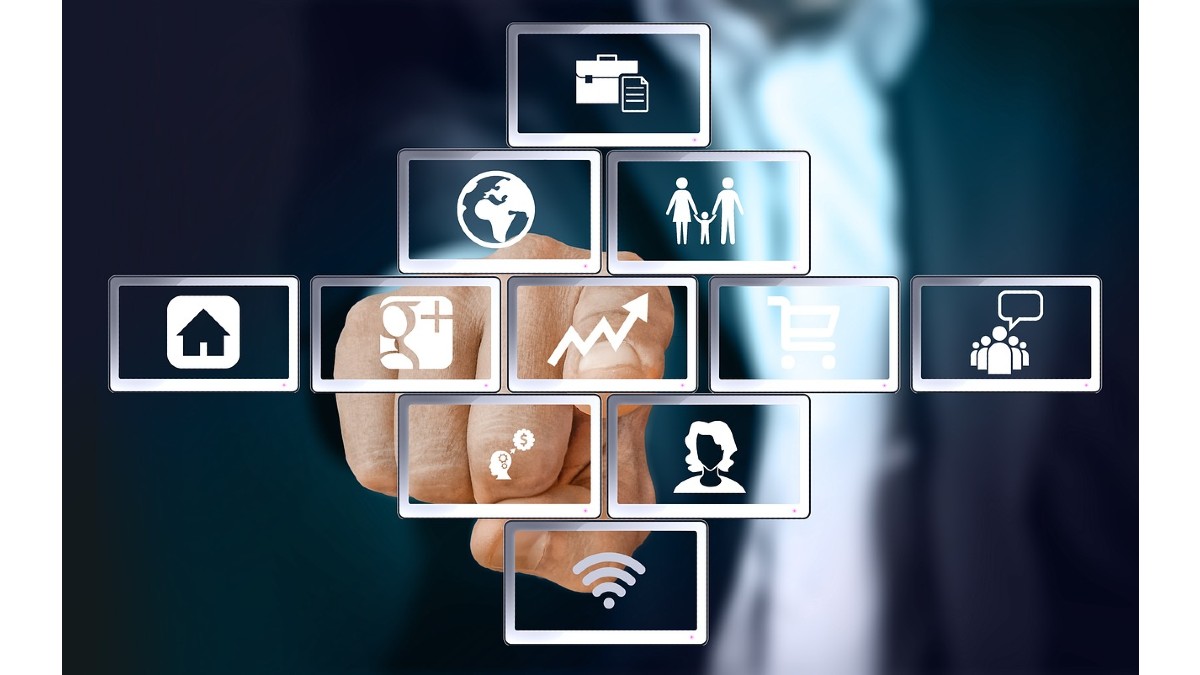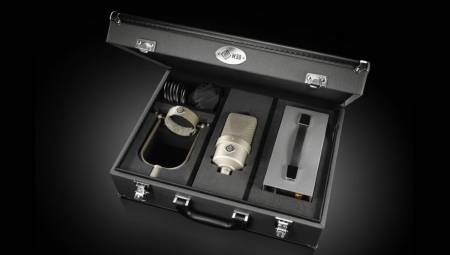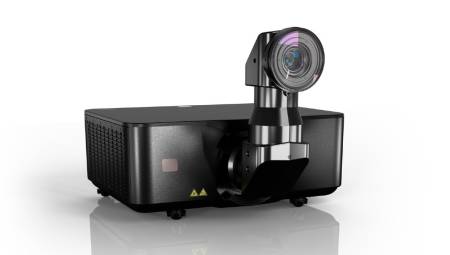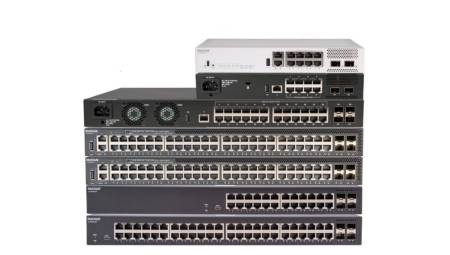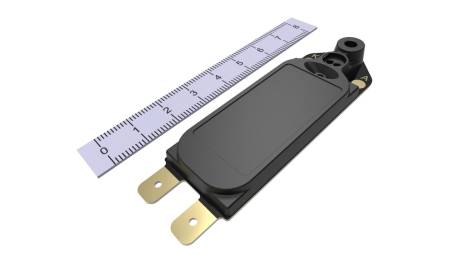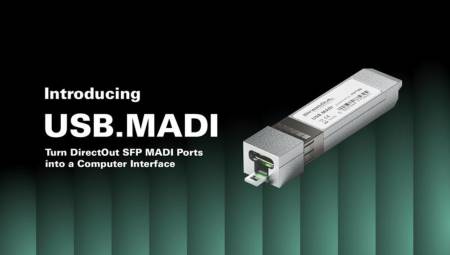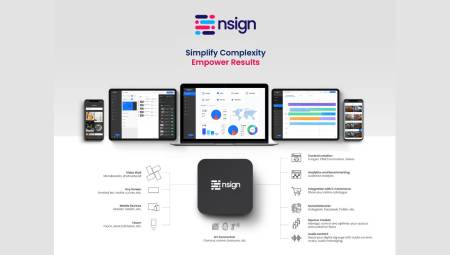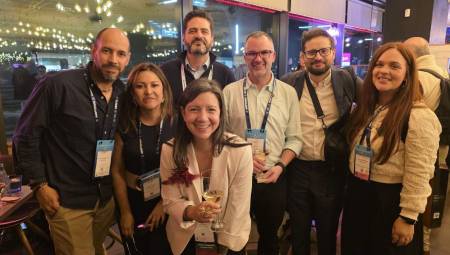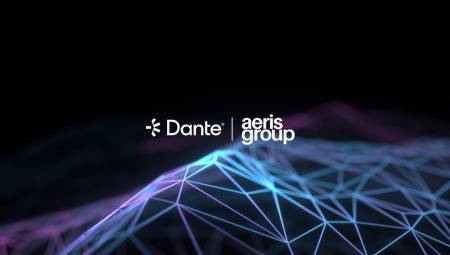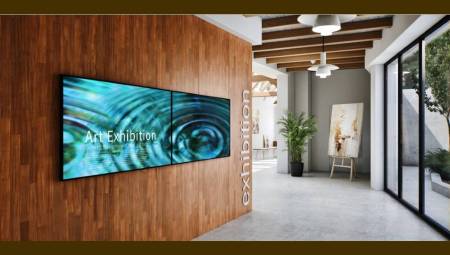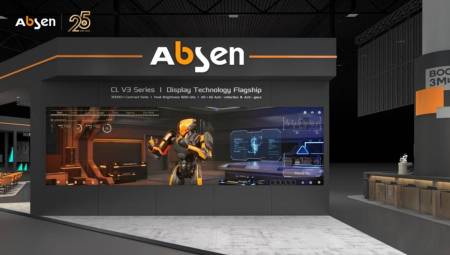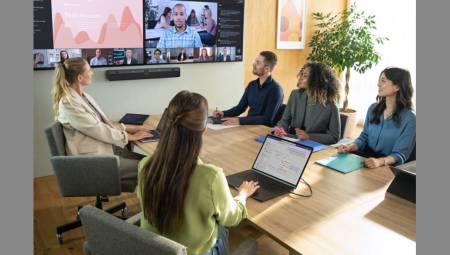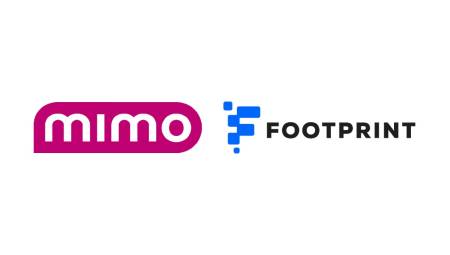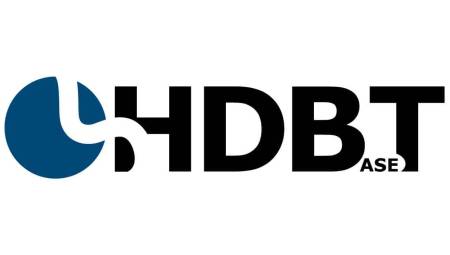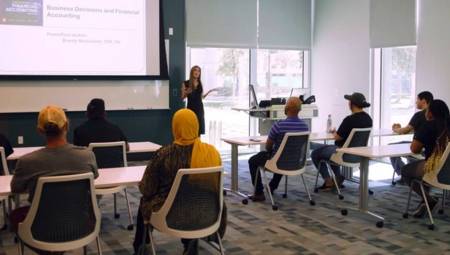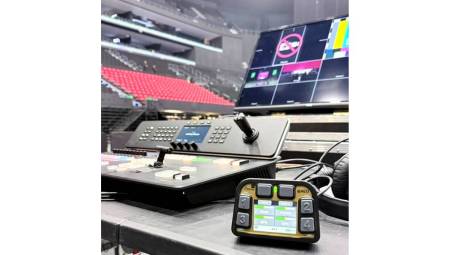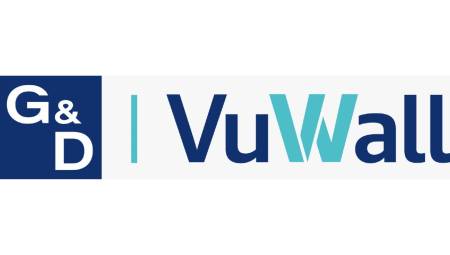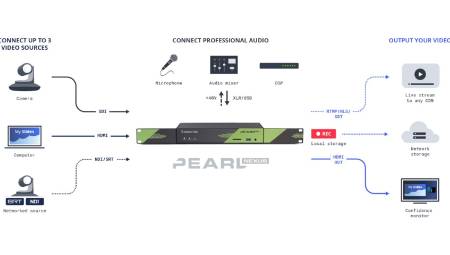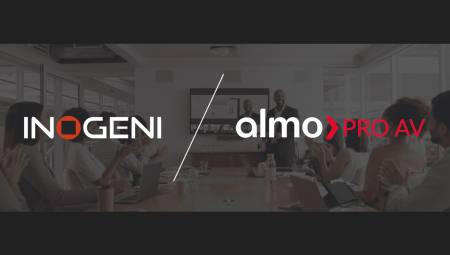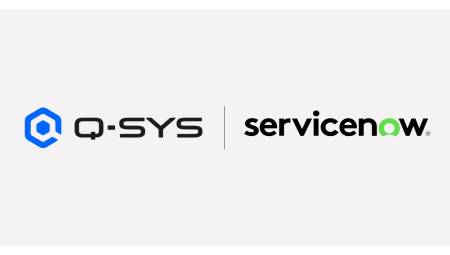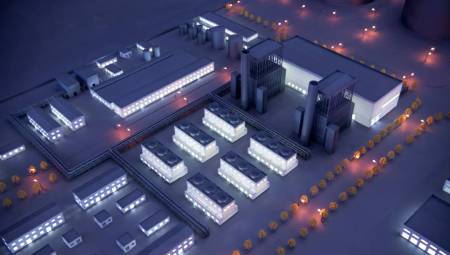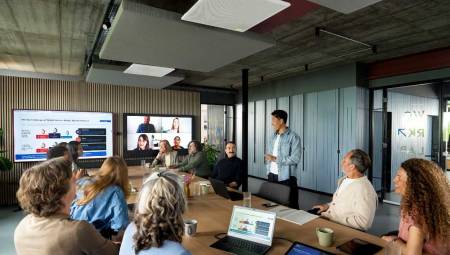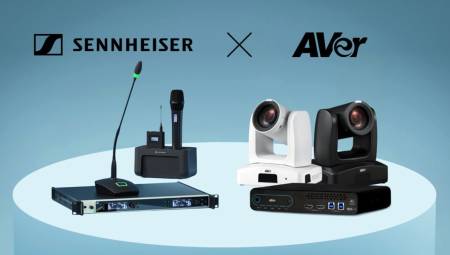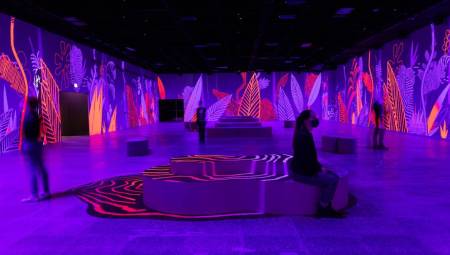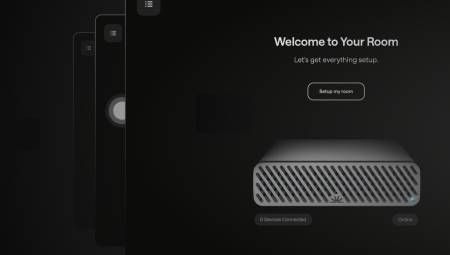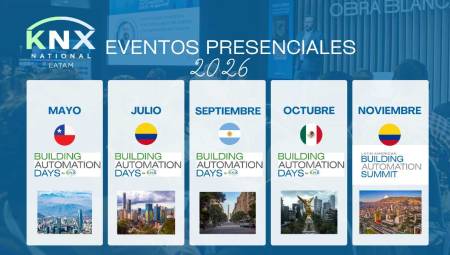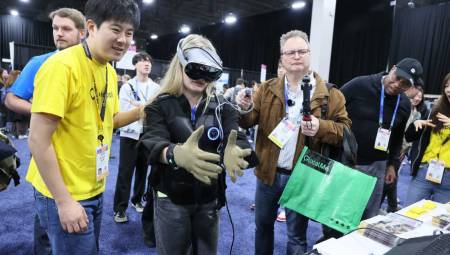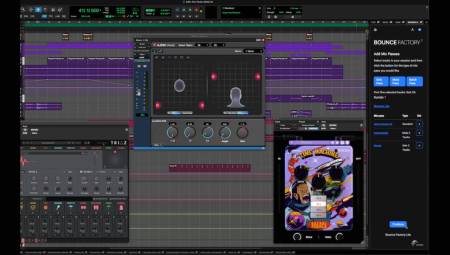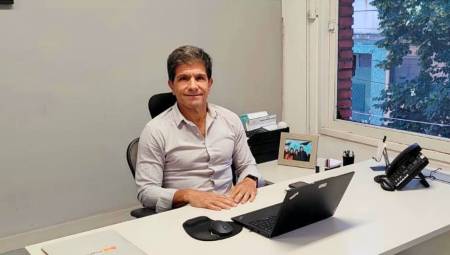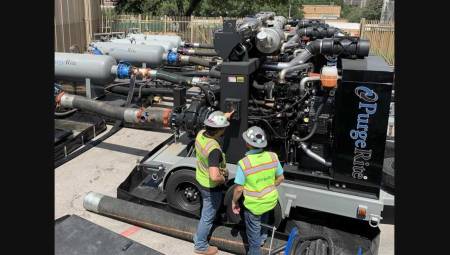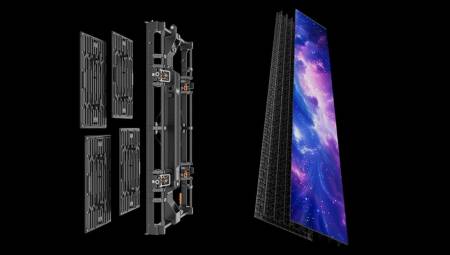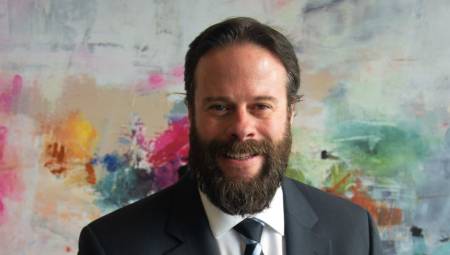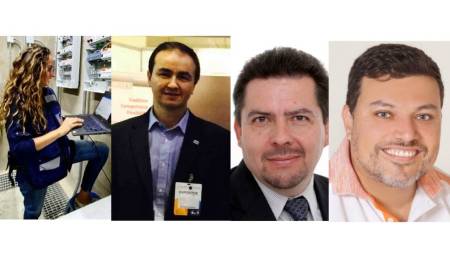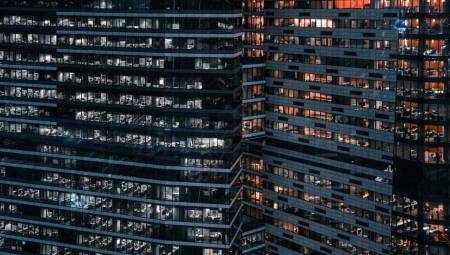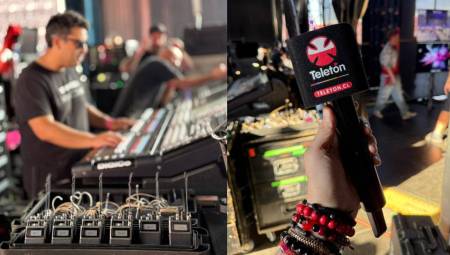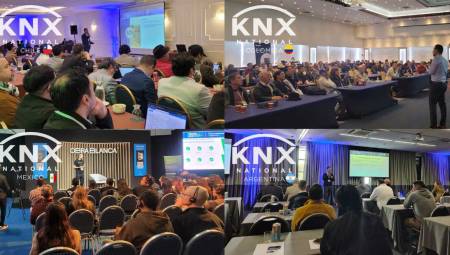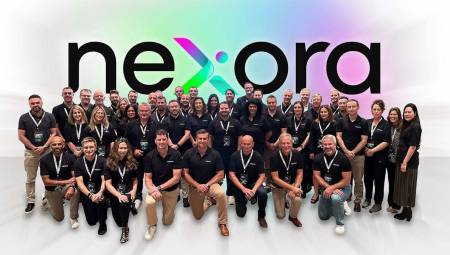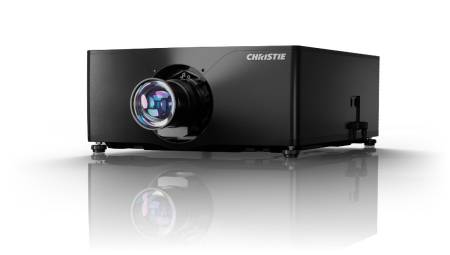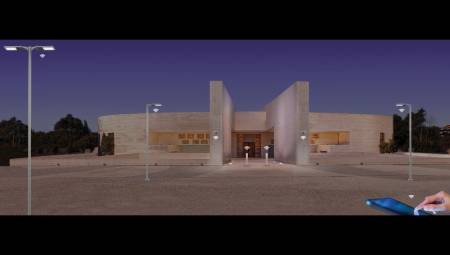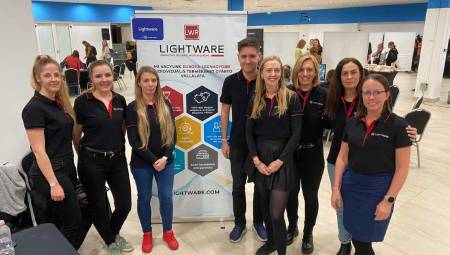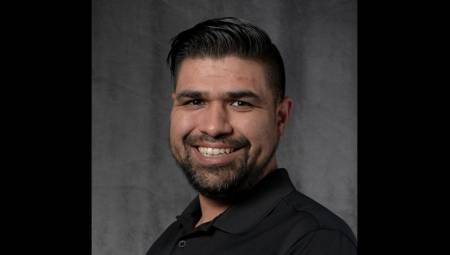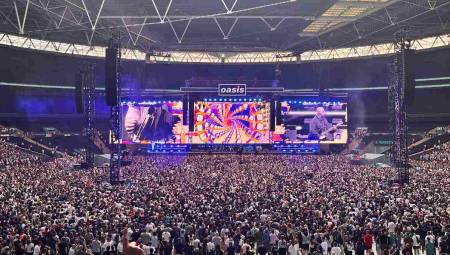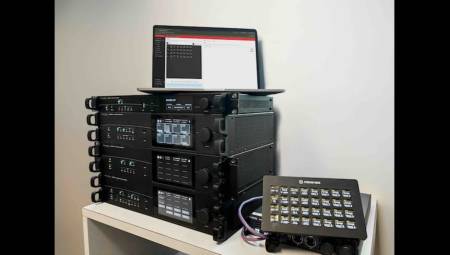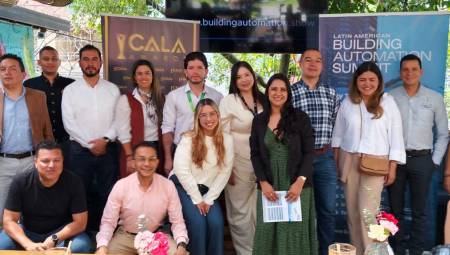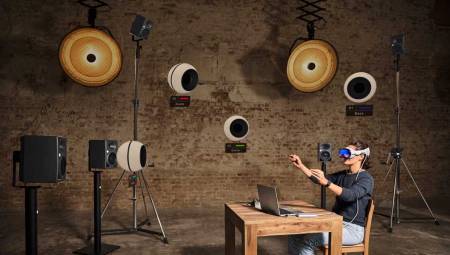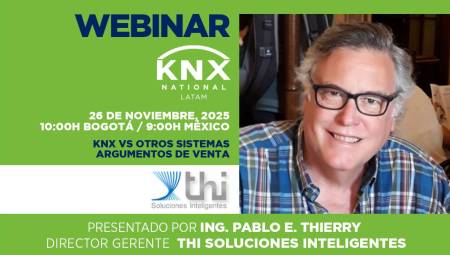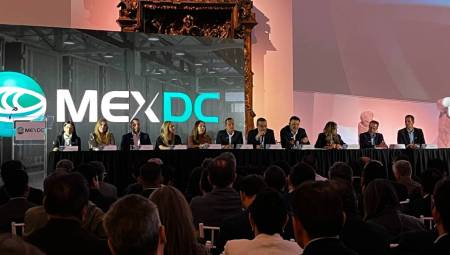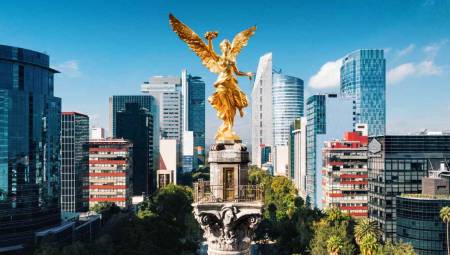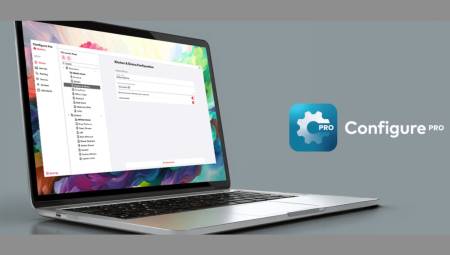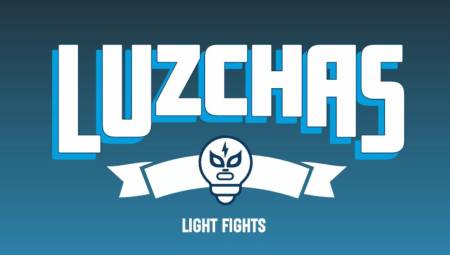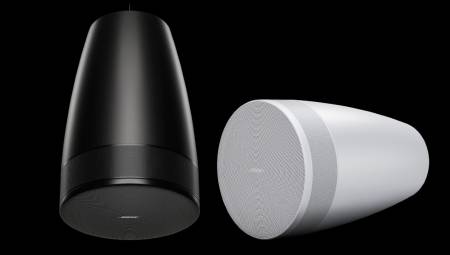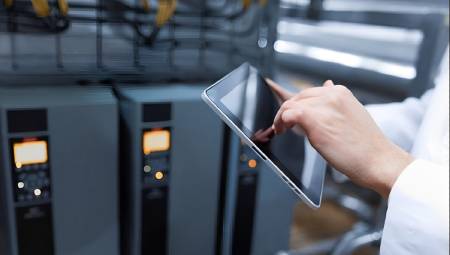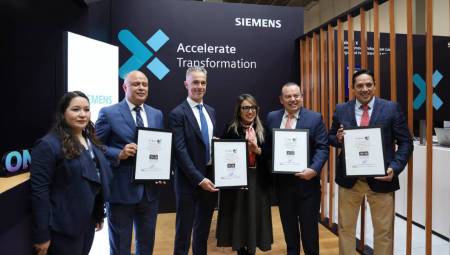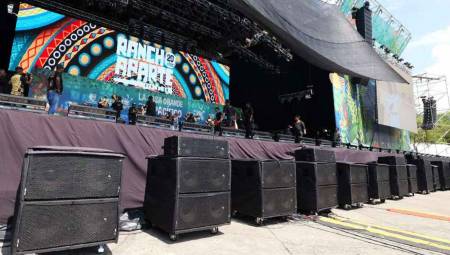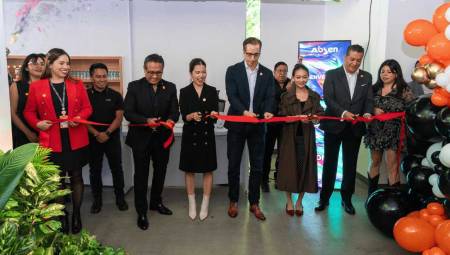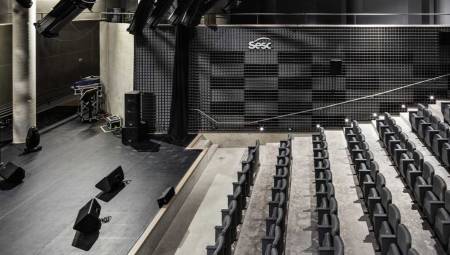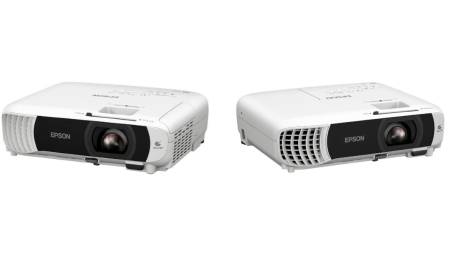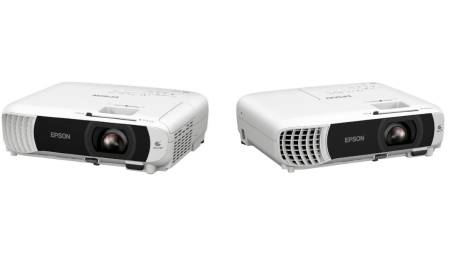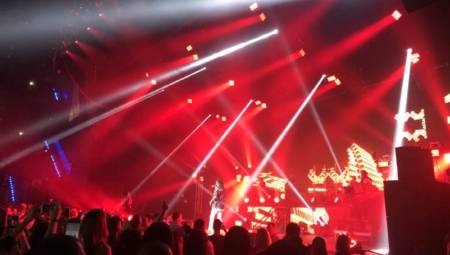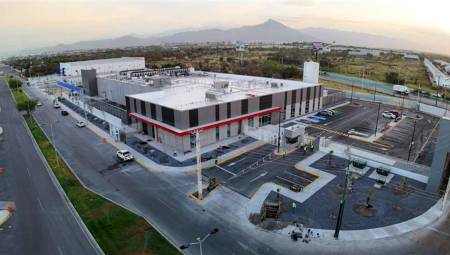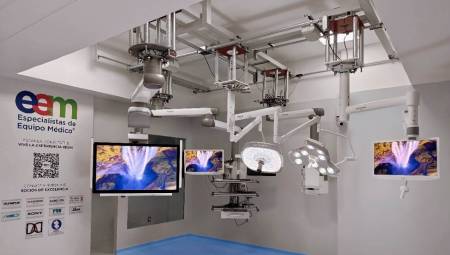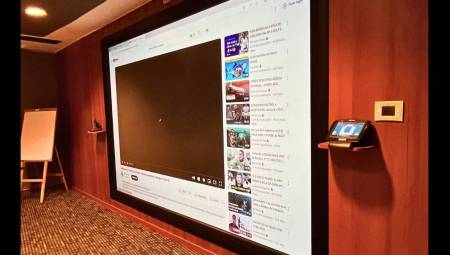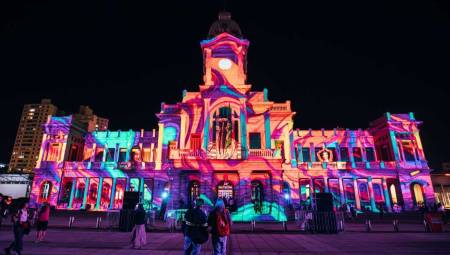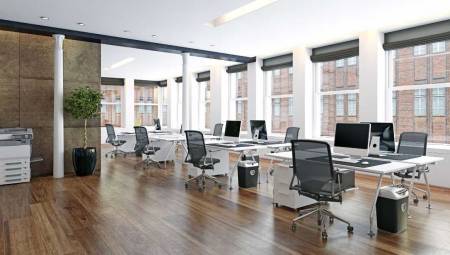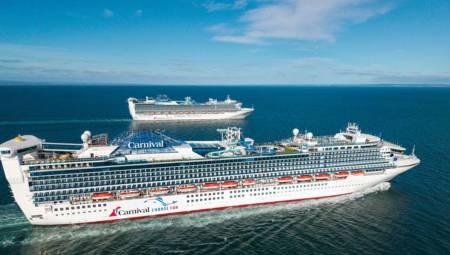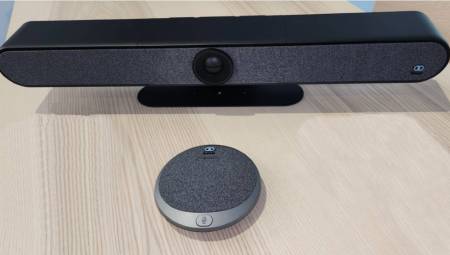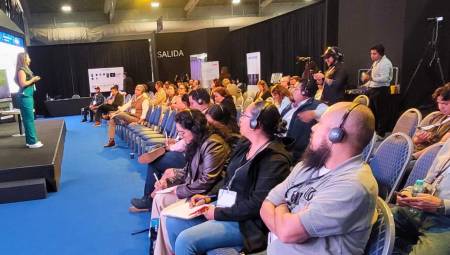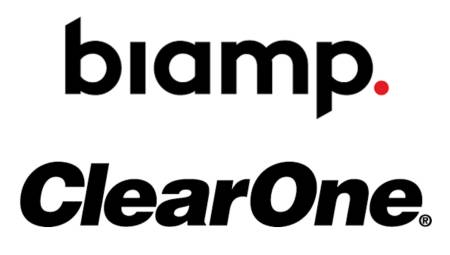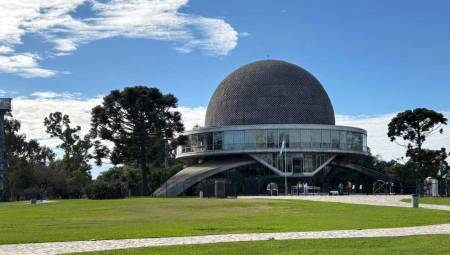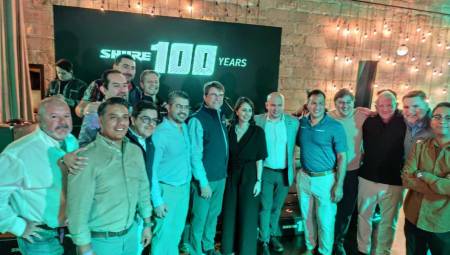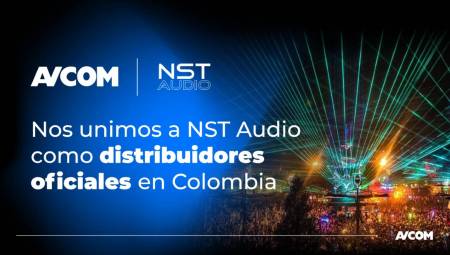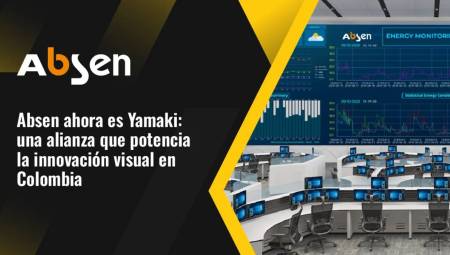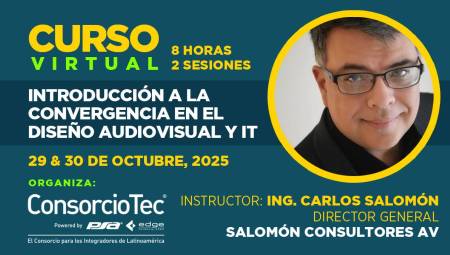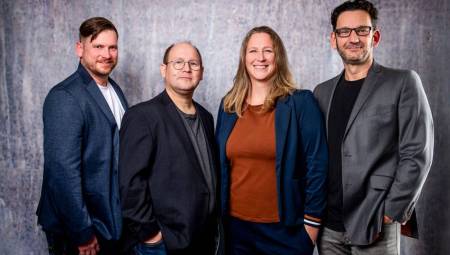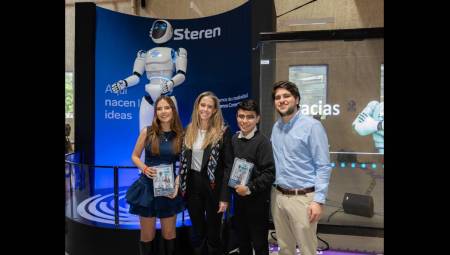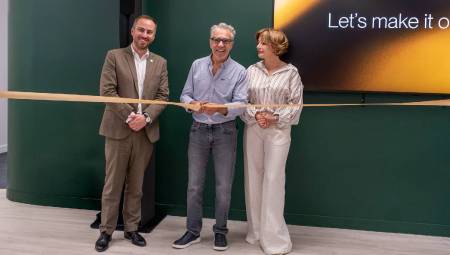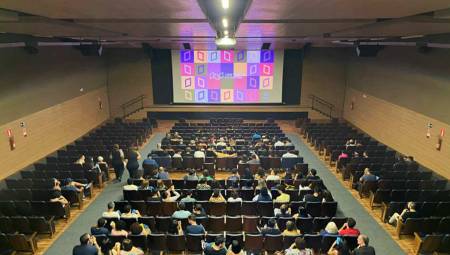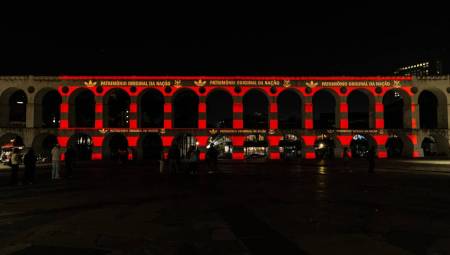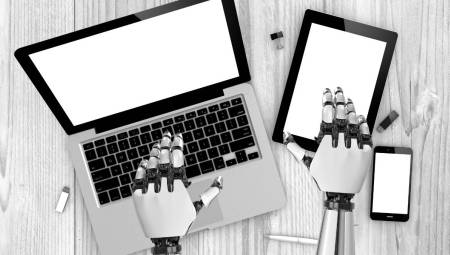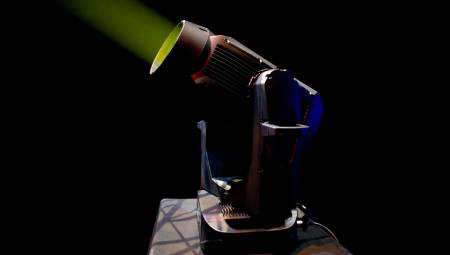Latin America. Deloitte's 2025 survey on Global Trends in Human Capital revealed that the main drivers for investing in new technologies are enabling the workforce to do more and faster, and reducing costs.
However, the most strategic reasons identified by respondents include enabling collaboration between people and machines to create joint value, facilitating the creation of new types of value by the workforce, and improving employee well-being.
In this new scenario, four trends are redefining the workplace: the use of Edge technologies for the use of real-time data and agile decisions, collaborative tools that strengthen hybrid work, greater investment in security to protect data in distributed environments, and solutions that optimize resources and increase operational efficiency through process automation.
These dynamics are redefining the role of the CEO, who today leads not only the adoption of technology, but also the cultural evolution of his organization, from the office to a digital ecosystem. Modernizing workspaces is no longer an option, but a strategy to increase productivity, attract talent and respond with agility to market changes. Turning the workplace into an experience center has a direct impact on the competitiveness of companies in an increasingly challenging environment.
Ricoh LATAM proposes a comprehensive vision to accompany organizations in their adaptation to the new work environment. The company responds to these four key trends with a unique approach that combines technology, strategy and expertise: it drives the use of real-time data through edge solutions to improve decision-making; strengthen hybrid work with tools that integrate digital collaboration; Implement automation systems that optimize resources and operational processes.
In addition, it develops security solutions adapted to distributed environments. This proposal is not limited to implementing technology, but seeks to transform the employee experience as an axis to improve productivity and competitiveness in companies in the region.
In Latin America, where economic growth has been limited with an average of just 2% in the last decade, according to the IMF, the workplace takes on a strategic role. Modernizing work environments has a direct impact on three key fronts: it improves productivity, responds to changes in employment dynamics, and allows the integration of technologies that accelerate digital transformation. In this context, the design of the workspace ceases to be operational and becomes a factor of regional competitiveness.
In this context, Ricoh LATAM launches an innovative proposal of technological solutions and managed services to create more agile and connected work environments, transforming the traditional office into a digital space adapted to today's challenges. This value proposition was presented at the Ricoh Summit 2025, an annual event that brings together around 500 people from 14 Latin American countries, along with strategic allies such as Ingram Micro, Crestron, Kramer, Zebra, Intcomex, LG, Biamp, Wesco | Anixter, and many more technology leaders.
"Today, companies face the great challenge of redesigning their work environments to respond to a new reality: more demanding employees, more complex hybrid models and constant pressure to increase productivity. Transforming the workplace is no longer an option, it is a strategic decision that directly impacts the well-being of talent, operational efficiency and business competitiveness. At Ricoh LATAM, we are leading this change, accompanying organizations by co-creating solutions that integrate people, processes and technology in a sustainable and scalable way," explained Diego Imperio, President and CEO of Ricoh LATAM.
Efficiency for the workplace of the future
Organizations need solutions that allow them to ensure operational continuity without compromising security. This reality prompted Ricoh to design a security model designed specifically for the modern workplace: flexible, integrated and people-centric. Workplace Security was born in response to the challenges companies face when managing physical and digital assets in hybrid environments, and as part of a broader vision that links technology, protection and productivity in a single ecosystem.
One of the highlights during the event was Ricoh Workplace Security, an end-to-end solution developed in direct response to the new challenges of the modern work environment. In a context where organizations operate in hybrid models, with distributed information flows and environments increasingly exposed to risk, Ricoh designed this proposal to protect critical assets without sacrificing operational agility.
The solution combines hardware, software, and professional services to strengthen physical and digital security, automate key processes, and ensure regulatory compliance, all under a focus on efficiency and employee experience.
What does this solution include?
- High-definition IP video surveillance cameras, with advanced analytics (motion detection, facial recognition, people counting).
- Physical access controllers such as biometric readers and RFID cards.
- Intrusion sensors and environmental detection (movement, glass breakage, smoke, gas, temperature).
- Monitoring stations and control consoles, with real-time centralized surveillance capability.
- Secure network infrastructure, including PoE switches, UPS for business continuity, and high-performance servers.
Ricoh Workplace Security enables the integration of technologies such as artificial intelligence (AI), the Internet of Things (IoT) and cloud services, not only to strengthen physical security, but also to deliver a more connected and automated environment, tailored to the needs of modern businesses.
"The future of work demands a balance between technology, security, and employee experience. At Ricoh, we are committed to companies accelerating their digital adoption with solutions that create more agile, secure and people-centric work environments impacting employee motivation and productivity," concluded Diego Imperio, President and CEO of Ricoh LATAM.



